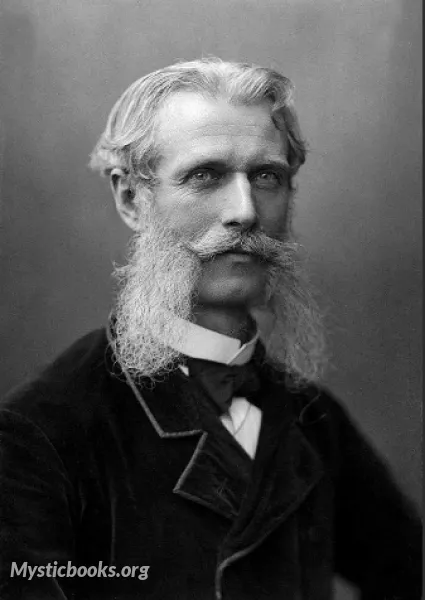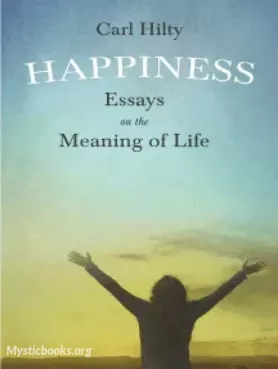
Timeline
Title
Country/Nationality
Carl Hilty
Carl Hilty (28 February 1833 – 12 October 1909) was a Swiss jurist and philosopher. He was a professor of constitutional law at the University of Bern, and he is considered one of the most important figures in the history of Swiss law and politics.
Hilty was born in Werdenberg, Switzerland, in 1833. He was the son of a pastor, and he received a good education. He studied law at the University of Bern, and he was awarded a doctorate in 1854.
After graduating from university, Hilty worked as a lawyer in Bern. He was also active in politics, and he served as a member of the Swiss National Council from 1869 to 1879.
In 1874, Hilty was appointed professor of constitutional law at the University of Bern. He held this position until his retirement in 1902.
Hilty was a prolific writer, and he published over 100 books and articles on a wide range of topics, including law, politics, philosophy, and religion. He was also a regular contributor to the Swiss newspaper Neue Zürcher Zeitung.
Hilty's most famous work is The Happiness of Life (1891). In this book, he argues that happiness is not something that can be achieved through wealth or fame, but rather through a life of virtue and good deeds.
Hilty's philosophy was based on the belief that the purpose of life is to achieve happiness. He believed that happiness could be achieved through a life of virtue and good deeds, and he argued that the state should play a role in promoting happiness.
Hilty died in Bern in 1909. He is remembered as one of the most important figures in the history of Swiss law and politics.
Who was he and his principles?
Carl Hilty was a Swiss jurist and philosopher. He was a professor of constitutional law at the University of Bern, and he is considered one of the most important figures in the history of Swiss law and politics.
Hilty's principles were based on the belief that the purpose of life is to achieve happiness. He believed that happiness could be achieved through a life of virtue and good deeds, and he argued that the state should play a role in promoting happiness.
What was he famous for and his notable works?
Hilty was famous for his work on constitutional law, and he is considered one of the most important figures in the history of Swiss law. He was also a prolific writer, and he published over 100 books and articles on a wide range of topics, including law, politics, philosophy, and religion.
What was his philosophy?
Hilty's philosophy was based on the belief that the purpose of life is to achieve happiness. He believed that happiness could be achieved through a life of virtue and good deeds, and he argued that the state should play a role in promoting happiness.
Hilty's philosophy was influenced by the work of the German philosopher Immanuel Kant. Kant argued that the purpose of life is to achieve happiness, but that happiness can only be achieved through a life of virtue.
Hilty also believed that the state should play a role in promoting happiness. He argued that the state should provide education, healthcare, and other social services that would help people to achieve happiness.
When did he die & how is he remembered?
Hilty died in Bern in 1909. He is remembered as one of the most important figures in the history of Swiss law and politics. His work on constitutional law is still studied today, and his philosophy continues to be influential.
Anything interested to know about the author?
- Hilty was a gifted writer, and his work is both clear and concise.
- He was a strong advocate for social justice, and he believed that the state should play a role in promoting the well-being of its citizens.
- He was a devout Christian, and his faith influenced his philosophy and his work.
- His work is still studied today
Books by Carl Hilty

Happiness: Essays on the Meaning of Life
What is the true essence of happiness? Delve into the profound musings of Carl Hilty, translated by Francis Greenwood Peabody, in "Happiness: Essays on the Meaning of Life." Embark on an intellectual journey that explores the very fabric of human exi...